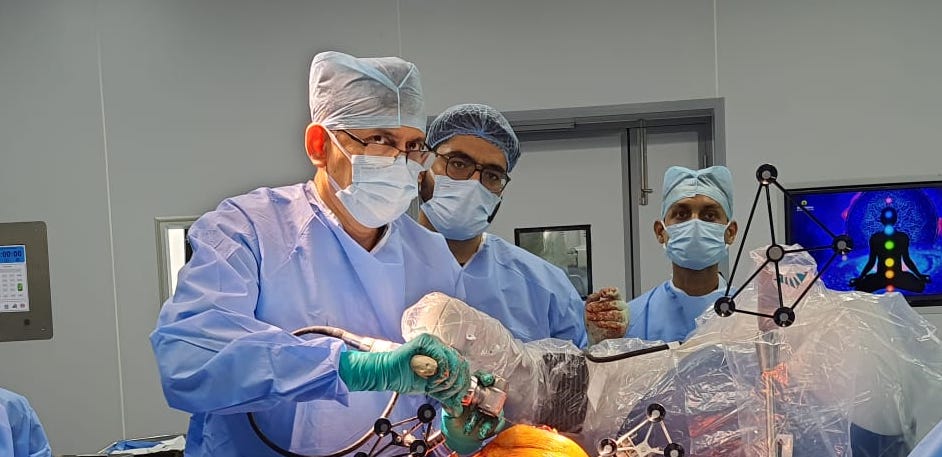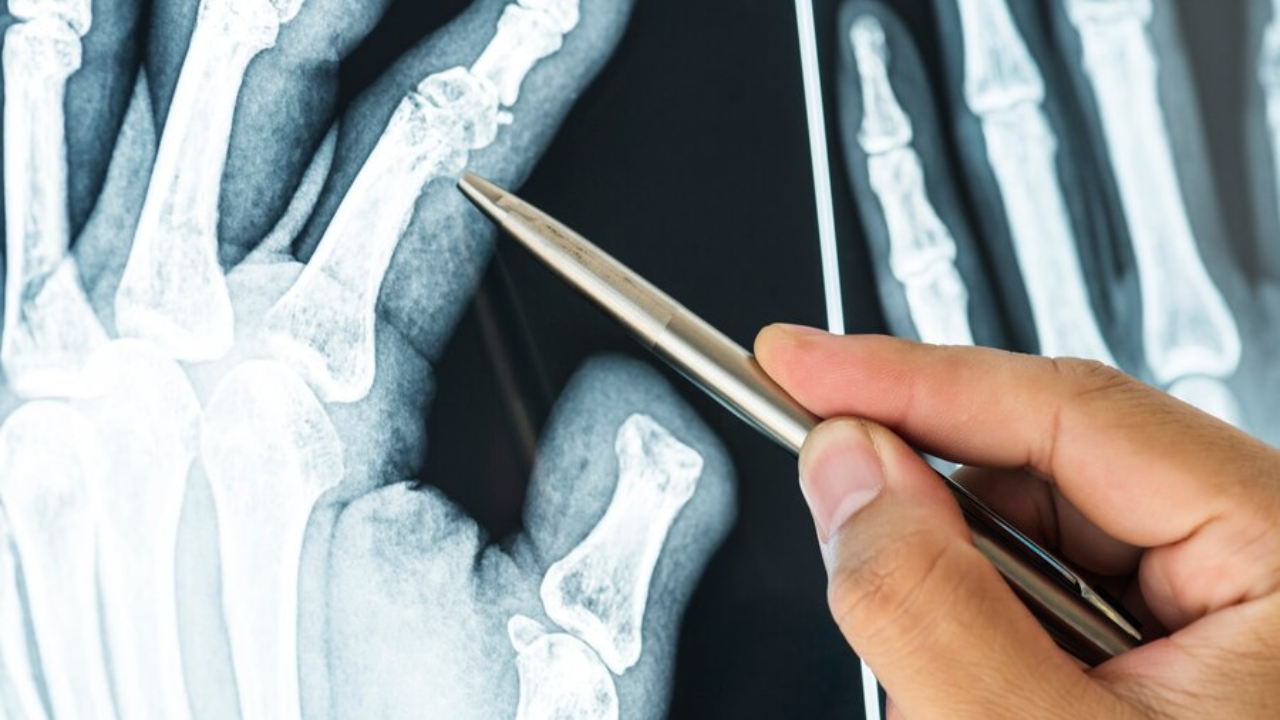
Complex Fracture Reconstruction
Complex fracture reconstruction is a medical procedure that involves the meticulous restoration of a broken bone or bones that exhibit significant damage, often due to trauma or injury. This type of fracture typically involves multiple fragments, displaced bone ends, or other complications that make the reconstruction more intricate than a simple fracture repair.
What is a Complex Fracture Reconstruction?
What does the preoperative evaluation involve?
The preoperative evaluation includes a comprehensive assessment of the patient’s overall health and medical history. Imaging studies, such as X-rays, CT scans, or MRIs, are conducted to precisely visualize the fracture, aiding in surgical planning.
What surgical techniques are used in complex fracture reconstruction?
Various surgical techniques may be employed, depending on the nature and location of the fracture. Common methods include open reduction and internal fixation (ORIF), external fixation, and the use of bone grafts. The choice of technique is tailored to the specific needs of the patient and the characteristics of the fracture.
How is soft tissue managed during complex fracture reconstruction?
Soft tissue management is a crucial aspect of complex fracture reconstruction. Surgeons carefully address any damage to surrounding muscles, tendons, and blood vessels. Soft tissue injuries are repaired as needed, and efforts are made to minimize the risk of infection.
What follow-up care is needed after complex fracture reconstruction?
Regular follow-up appointments and imaging studies are essential to monitor the healing process. The healthcare team will assess the progress, address any concerns, and make adjustments to the treatment plan as needed. Patient cooperation with follow-up care instructions is crucial for a successful recovery.
Can complex fracture reconstruction be performed on any fracture type?
Complex fracture reconstruction is typically reserved for fractures that exhibit significant complexity or challenges in healing. The decision to pursue this type of intervention is based on careful evaluation by the orthopedic surgical team and is tailored to the specific needs of each patient and the characteristics of the fracture.
What You Need to Know Before Your Appointment
It’s best to be prepared when coming in for your appointment and therefore we recommend bringing the following when you visit us
All Previous Investigations
This includes any X-rays, MRI, CT Scans and their reports, new as well as old
List of Your Medications
A well formed list of medications will help us decide which medications will not react with others you might be taking
Previous Surgery Documents
If you have undergone a surgery before, any documents pertaining to that time will be helpful in understand what was done at that time
Tips For Keeping Your Bones Healthy

Mrs. Anjana
Above image is of her after undergoing a total knee replacement.




